Your daily dose of Product Management Goodness
Want to know more?
We would love to hear your questions and suggestions for topics you would like to see covered in our future blog posts, so don't be shy and get in touch!

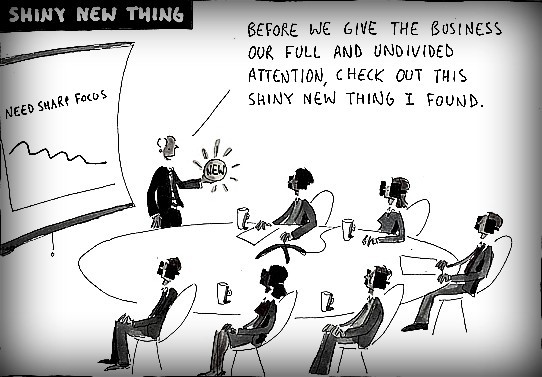
Managing your manager
A team I’m working with have an issue with their boss; he is forever coming to them with ‘opportunities’ – ideas and initiatives that might well have merit, but that distract from the current plan and overwhelm the team. Plenty of us have been there, but how can product teams handle this? It’s often impossible just to say “no“ ,and it’s wrong just to blindly accept the ideas and say “yes”, so try saying “why”. For any and every new idea try to quickly validate it with these questions:
• What problem is it solving?
• Who is it solving for?
• How many have this problem?
• How do they deal with the problem today?
• How could we be better than their existing solution?
• Does it fit with our products and plans?
• Is it something we can build/deliver?
• Is it something our sales channel could sell?
A five minute step through these questions and many bad ideas are stopped before they start.
read more
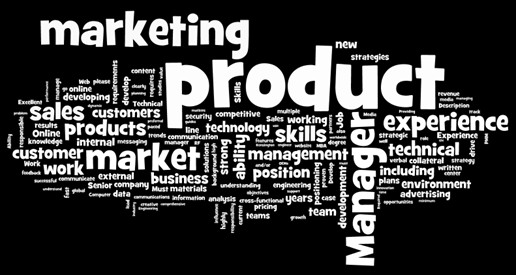
Product Management & Marketing
Product Management and Product Marketing
Clarity of the roles and responsibilities across the two disciplines is vital in any organisation.
For many product managers, the role of product marketing may be undertaken by another group or individual in the organisation. It may be considered part of their own role but is often undertaken with lower levels of knowledge & experience.
In some cases, product marketing may not be practiced at all, and a new or improved product "thrown over the wall" to the rest of the organisation and the market!
It is clear to me that the combination of strategies and processes from both disciplines maximises the success of a new or updated product.
In many ways it is less about the need for an organisation to have both roles (although this is undoubtedly important as a product scales) but more about the need for an organisation to adopt & integrate both disciplines, perhaps using a collaborative team approach.
In simple terms we could state that Product Management has to define and oversee the build of the product and Product Marketing has to take it to market. The reality is more complex than this and is discussed more in our white paper:
https://lnkd.in/dns2DZ7
read more

Product narrative
What’s the narrative for your product?
Here’s a quick question. What are Donald Trumps key messages? Love him or hate him, we all know those narratives (make America great again, build a wall, etc). Point is this; brand Trump is very good at building and driving the narrative (again, for clarity I make no opinion on those narratives, other than they’re clear). This makes the Trump proposition clear to the target market. Second question; what’s your product narrative? No narrative and confusion ensues!
read more
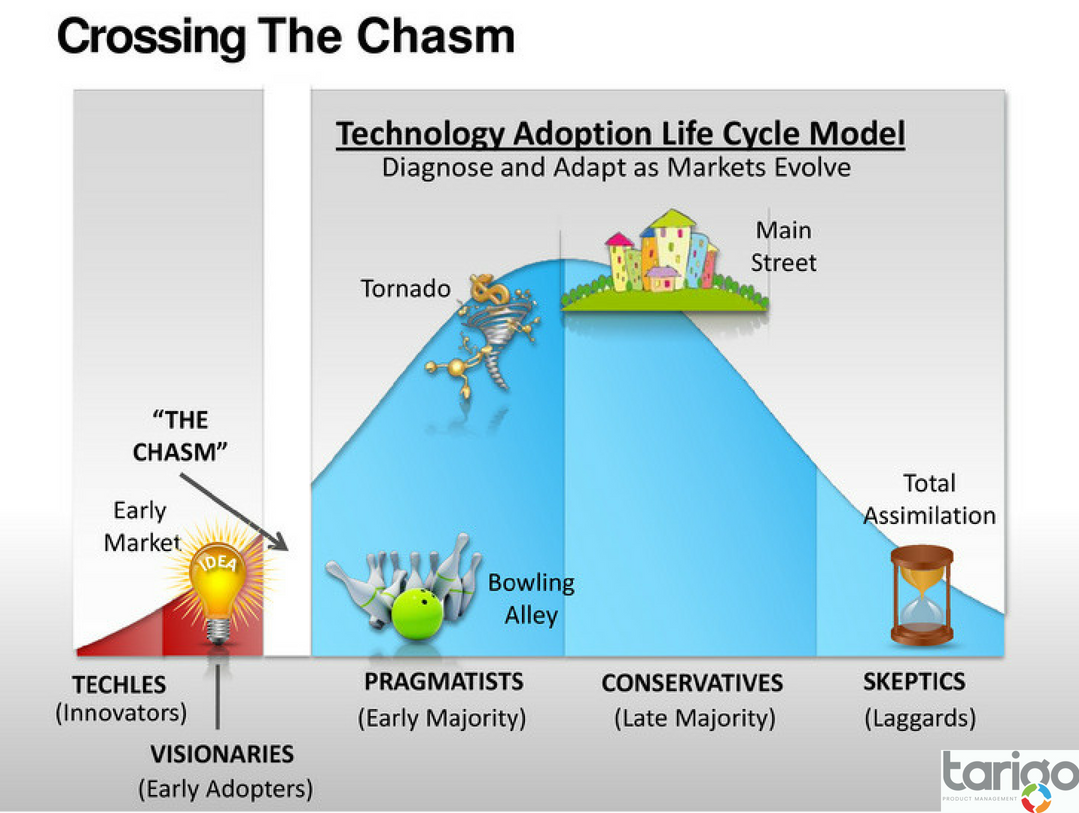
Product failure or forecast fail
Product failure or forecast failure?
We’re working on a product over the next couple of weeks where the pm believes his product has failed - sales are 10% of forecast. My instinct is that the pm hasn’t taken into account life cycle models, and his disruptive product is simply not being supported by the large market he sees until those innovators (circa 5% of market) buy it, use it, reference it. For new and disruptive products you need success with and innovator before the rest of the market is willing to buy It’s a lesson many teams forget in our impatience to get to the bigger prize
read more
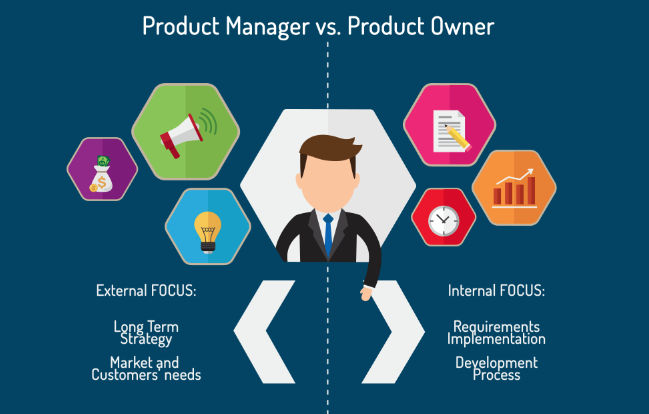
Product Owner + Manager Team?
Just off a call with a team working through this issue; how do you structure Product Owners and Product Managers in a team?
It’s a dilemma for many – we often work with teams where there really is not role clarity and often one person is trying to do both jobs. Typically the urgency of Product Owner duties overwhelms the importance of Product Management duties with the net result of very little commercial and strategic thinking taking place – the individual becomes technical, tactical and faces in to the organisation.
Short term this isn’t a problem, but look out over a longer horizon and the impact can be huge; limited vision, little market connection, and incremental product enhancement that exposes the business to risks from disruptive technology. Product Managers need time to be strategic, commercial, outbound and market-connected.
read more
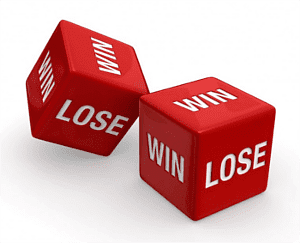
Reaction to losing a deal
How do you react to losing a deal?
I’ll admit that I react badly, but how should a Product Manager really react? After a couple of months of not putting a wrong (we’ve just recorded our best month and will record our best quarter – go team!) we missed a deal. We’ll deal with this using GRIT.
Grieve – In my opinion good losers tend to be infrequent winners so don’t feel bad about feeling bad. Go for a run, beat a punch bag, relax in a hot bath. Whatever your way of dealing with it, give yourself a bit of time to get it out of your system.
Research - Gather as much data as you can. Gather from all sources and gather without filter or preconception.
Identify - Work out what went wrong. It’s easy to make price or product assumptions, but discount nothing. I recall a deal lost years ago where we worked out that the customer had not even read our proposal. Be aware that the answer might be that the deal was never in your sights.
Translate - Make changes so that you don’t repeat the same mistakes. Remember the lesson of marginal gain - small changes can deliver significant results.
So I need to go and give my punch bag 30 minutes of hell.
read more

What's in a Name
What’s in a name.
My kids have recently started requesting biscuits for breakfast. They saw a product called “Breakfast Biscuits” and no amount of talking will convince them that these are plain and simple biscuits. They could be called “Bedtime cookies” or “sports snacks” and they’d still be biscuits. Got me thinking about how important a product name is in giving context and meaning to your audience. Anyone for some cold, dead, wet fish? Thought not, but some of us like Sushi. The name is often the first point of connection with your product or service. Don’t treat it as an afterthought.
read more

Presenting Product Financials.
I’ve just sat through a review of product financials – an hour I’m not going to get back! There was nothing wrong with the data (in this case, a decent P&L), and everything wrong with the presentation. We sat looking at an excel spreadsheet in 8 point font as the presenter walked us through it. The audience was a mix of asleep, confused and grumpy. This is a classic presentation problem; the data is great, the narrative is missing.
My advice? Give the audience the highlights (perhaps ROI, Break Even and total investment), tell them what decision you’re looking for, and then give some data insights to demonstrate your highlights and your ask. Great presentations always have a point and purpose, not an hour of rambling through some numbers until your audience lose the will to live!
read more

Market Research Session
What does a great market research session look like?
I was reminded of this with a team I’m working with. They’re in a B2B market and are conducting early stage research on a new concept. A couple of product managers reported back that their customer visit had gone well. A deeper dive and it was clear that what they really meant was that the customer hadn’t asked any tough questions and so the meeting had been a breeze. This is bad news for the product; interested customers always ask difficult questions (date, price, detail). Think of these as buying signals – if they don’t ask “how much” or “when” they’re really not that interested.
read more
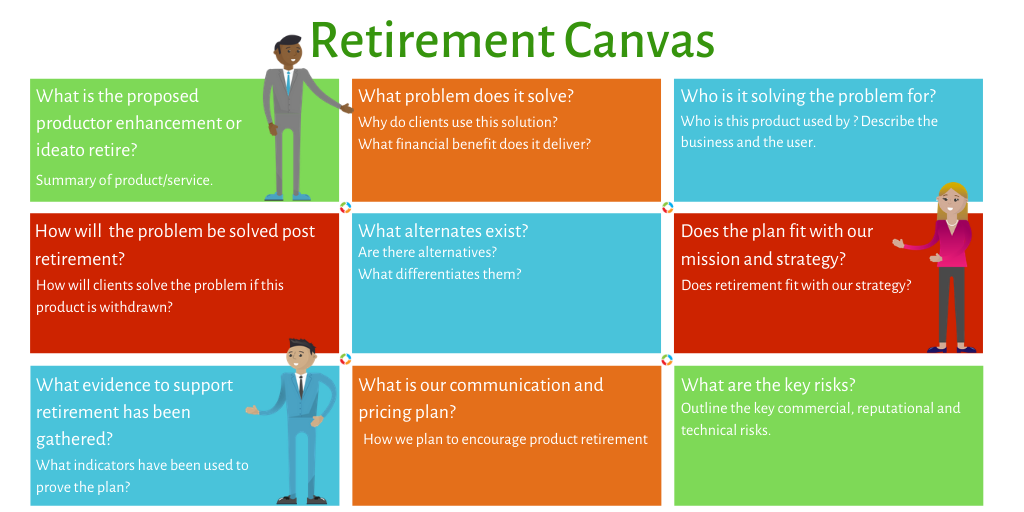
How do you retire a product?
How do you retire a product? It’s easy to dismiss product retirement as unimportant. You’re retiring the product so why worry? Two reasons:
1. Customers - Do it badly and customers aren’t going to be knocking at your door for your next product. You lost their trust.
2. Competition - Get it wrong and you leave the door wide open for competitors to enter and build their position.
Think of retirement as the mirror of market entry - do your research, build your plan, and communicate your position clearly and frequently.
read more

Prod Mgmt is a team sport
Product Management is a team sport
The FIFA world cup kicks off today and in a few short weeks one team will be crowned world cup winners. But will the winning team be the best players? Not necessarily. What they will be is the best team; playing in the correct position, working as a unit, understanding their role. I see this in product management way too often; the outstanding product manager ‘played’ in the wrong position (e.g. the launch expert tasked with building an ROI model), the team not knowing who does what in terms of roles and responsibilities, cross-team communication being almost non-existent. Remember, great product management is not just about the individual, but about the team. Think of it as complete product management.
read more
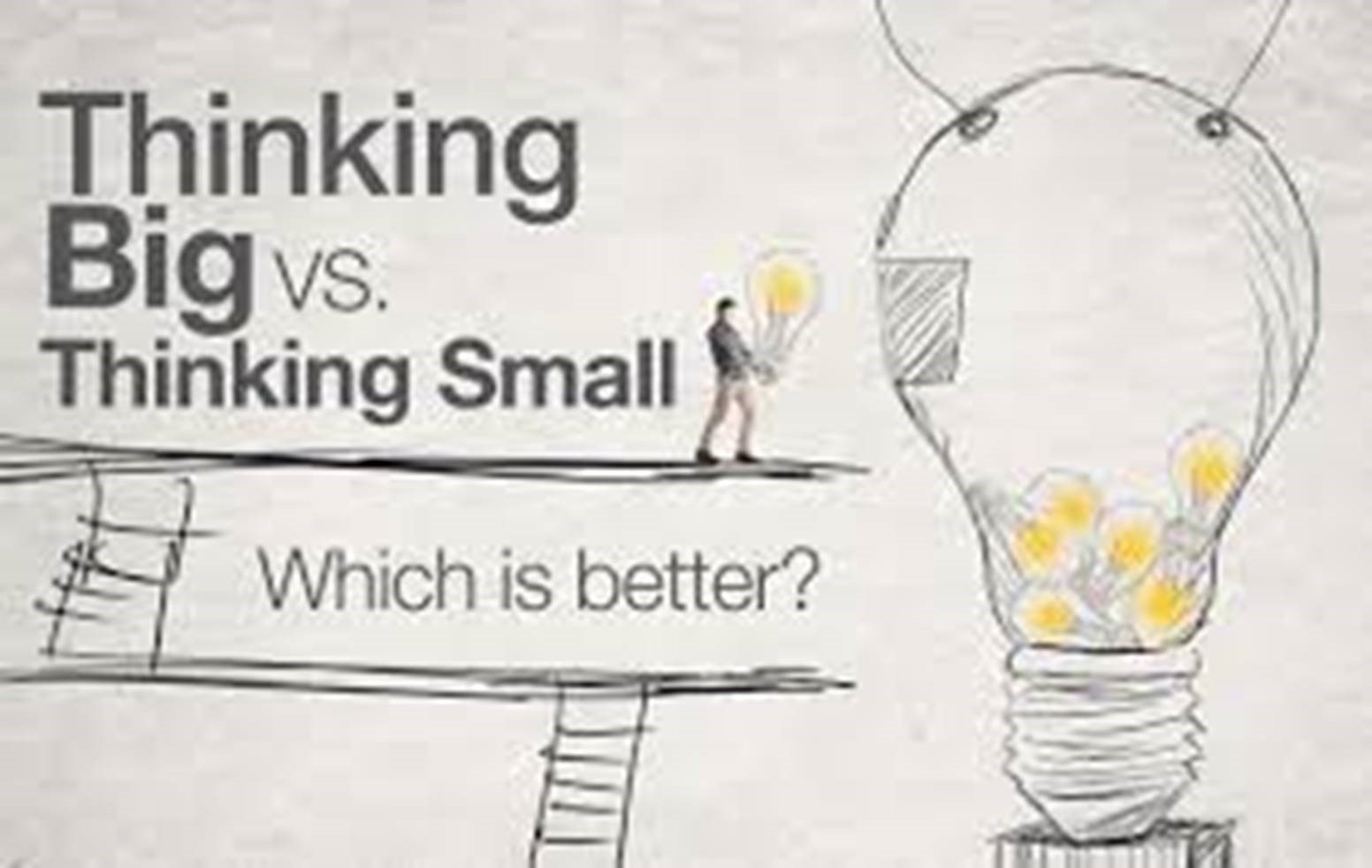
Big vs small business ProdMgmt
Big business vs small business Product Management
We train product management in some of the biggest and smallest companies – Last year our biggest client employed over 4,000 people in product roles and our smallest had a product management team of one. So what’s the difference? What does product management look like at these extremes? I’d characterise it like this; DOING VS GLUING. In a big team, the product manager has marketers, pricing experts, launch managers, research teams, etc. Their job is to use those extensive resources to build out the perfect product. They GLUE. In a small team, the product manager doesn’t have that extensive team and need to figure out most things for themselves. They DO.
The core discipline remains the same, the daily activity can look very different. When we train teams we pay attention to this - its one of the ways we can be effective in very big and very small teams.
read more
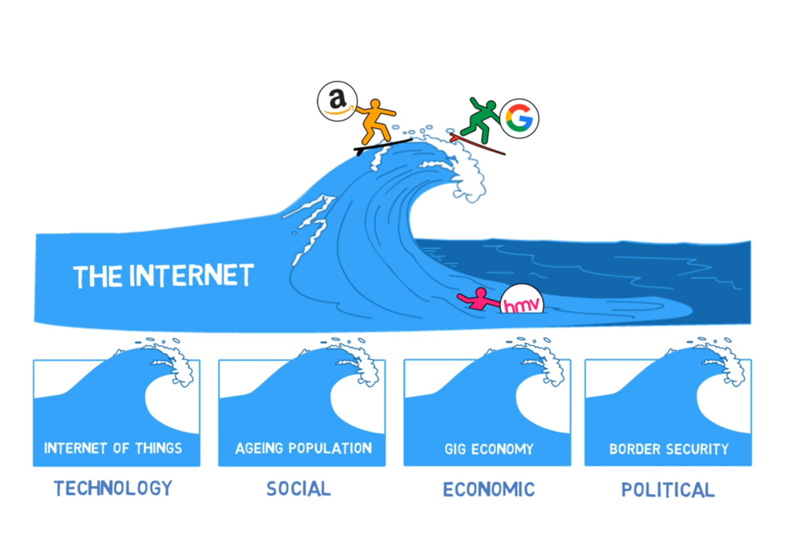
Mega Trends
Mega trends are substantial changes that can impact any aspect of our business. Once upon a time the internet was a potential mega trend, out on the horizon, gathering strength. Some businesses saw it, built or modified their products to accommodate it, and rode the internet wave. Others weren’t so visionary and floundered as the world moved online.
How do we identify mega trends? product managers must constantly look for trends in four broad categories:
· Technology – today we see trends such as A.I or the Internet of Things gathering momentum.
· Social – think of trends such as the ageing population or urbanization
· Economic – the gig economy and peer-to-peer networks are relevant examples
· Political – trends could be border security or environmental controls.
Once we’ve identified the trends, we need to think of what they mean to our business. For example, IoT presents risk and opportunity around cybersecurity. There will be an estimated 26 billion connected devices by 2020 – some sharing sensitive data and payment information. Hacking into that network could cause widespread disruption.
So what mega trends present opportunity or risk to your product? Product Managers should be thinking about this regularly.
read more
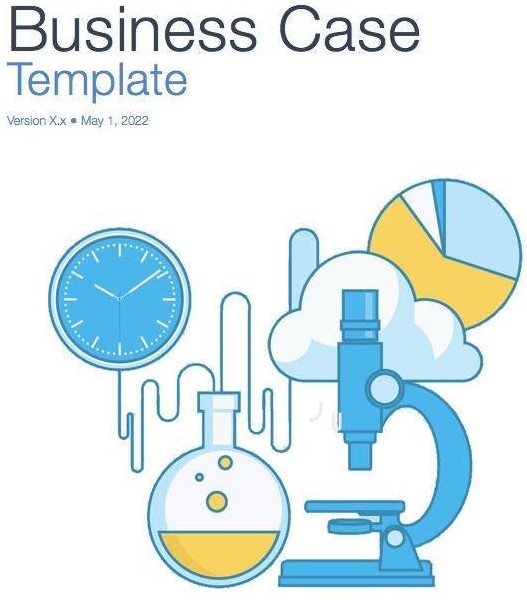
Keeping your business case up to
Product managers understand the need for a business case when they are looking for investment in a new product. It tells stakeholders about customers, markets, competition, and the solution needed to capture those markets. But what about post launch - should the business case be filed and forgotten? The short answer is no – the business case needs to reflect current market conditions to enable good decisions throughout the product lifecycle . Here’s our tip on making this happen; When you launch your product, file a copy of the business case. But also take a second copy and spend a few minutes at the end of each week updating it with new insights “What have I learnt about my business over the last few days”. Every three months file the updated copy and continue with the process. The net result? A business case that describes why you went to market and a set of incremental updates that describe current market conditions.
read more

Differentiate or die
Hotel I’m staying at is next to a mall with a full sized funfair - log flume, rollercoaster. The lot!
Got me thinking; high streets often look like ghost towns because they can’t find their point of difference over online retailers. This mall has turned itself into a go-to destination and made shopping a family event. They’ve nailed their point of difference and built something that offers an experience that online shopping can’t touch. So when we hear about the death of the high street we should really see that as the death of the traditional high street. Differentiate or die - a book product managers should read and a mantra we shouldn’t forget.
read more
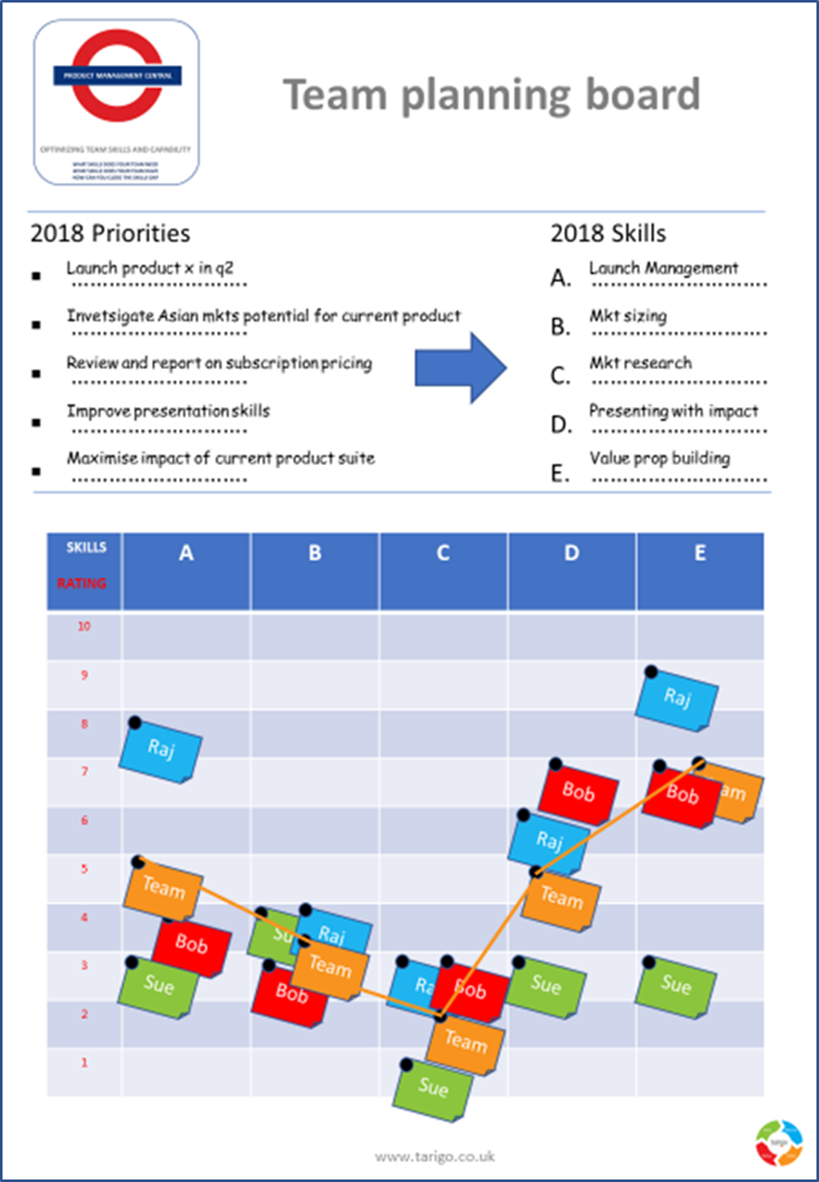
How's 2018 looking so far?
We’re already in June and hopefully you’re in the middle of a great year, tracking to plan. But does your product management team have the right skills to deliver against those business goals you have mapped out over the next sixth months?
We can help keep you on the right track:
1. Build out your market map to turn company vision into actionable product initiatives
2. Map product initiatives to skill needs
3. Assess your team for skills gaps
4. Close those gaps with training
We call this Mind the Gap.
read more

Keeping the vision
Today's Product Management lesson comes courtesy of South Pacific. We’re midway through the year and those good intentions form January can seem long gone. Tactics and day-to-day interrupts have diluted your strategic thinking to near zero. Remember this; if you don’t have a product vision there’s every chance you’ll start to drift – engaging in activity that gets you no nearer your goal. Now is a good time to restate that vision and make sure you and your team are at least spending some of the day tracking towards it.
read more
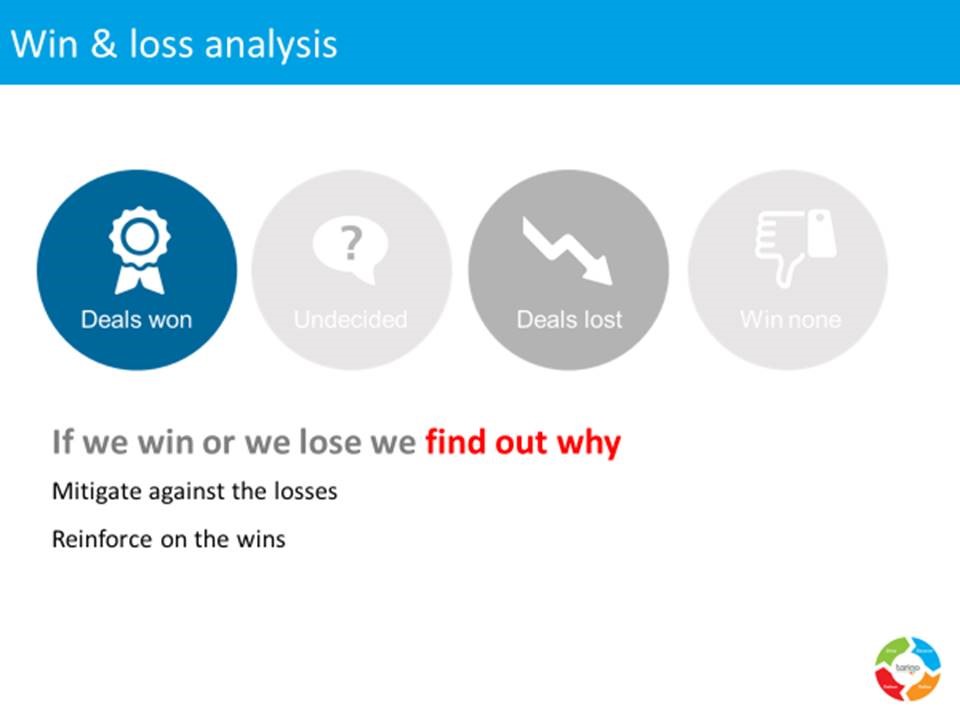
Winning and Losing
Winning and losing is part of product management but the way we handle wins and losses can make a difference. Take two extremes:
1. You win a huge new deal and feel unbeatable or.
2. You lose an important deal and feel your product has no hope.
Before opening the Champagne or looking for another job reflect on this; the difference between winning and losing can be wafer thin – one feature, a better reference visit, a slicker sales pitch………. So the product management reaction to winning and losing is not to celebrate or commiserate, but investigate. In simple words FIND OUT WHY. If you won, look for the reason and reinforce. For losses, look at how to mitigate. Learning opportunity
read more

Marginal Gain
Why Product Managers should sweat the small stuff.
You’re in a market with some fierce and strong competitors. The temptation is to think big “we need a new GUI, we need new features, we need a new product!”. Before going big, think about going small. To win a new deal, you don’t need to be massively ahead of the competition, you need to be marginally better in areas that matter. And being marginally better most of the time turns into market dominance. So step into your customers shoes and think small – what are those little things we could do that might get us across the line first? In isolation they feel inconsequential, but in aggregate they count. Welcome to the world of Marginal gain.
read more
Check out the Archive